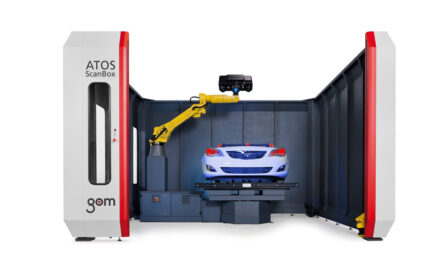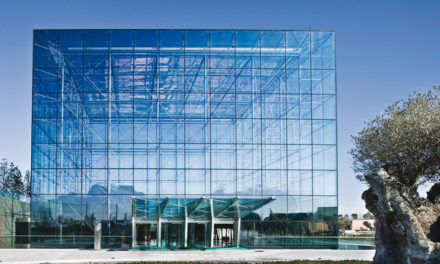Siemens Digital Industries Software announced the latest version of Simcenter FLOEFD software, a powerful CAD-embedded computational fluid dynamics (CFD) tool for design engineers. Simcenter FLOEFD software helps users frontload CFD simulation early into the design process to understand the behavior of their concepts. Due to its unique technology, it can reduce the overall simulation time by as much as 75 percent and it runs seamlessly inside NX software, Solid Edge software, CATIA V5 and Creo. The latest version includes significant new functionality allowing designers to take advantage of a seamless working environment, as well as enhancements that extend thermal simulation capabilities and lighting applications. Simcenter FLOEFD is part of the Simcenter portfolio of simulation and test solutions within Siemens’ Xcelerator portfolio of integrated software and services.
Simcenter FLOEFD includes key improvements within process integration, allowing design engineers to implement CFD solutions within their workflow without requiring process changes. Simcenter FLOEFD for NX projects and results can now be fully managed in Teamcenter® software for added efficiency. New integrations with HyperLynx software, a suite of analysis and verification software for PCB engineers, allow for enhanced thermal analysis and more accurate simulation of printed circuit boards (PCBs) by taking into account joule heating phenomena.
The latest version of Simcenter FLOEFD also includes expanded capabilities based on Simcenter MAGNET software technology to increase accuracy of thermal simulation by considering electromagnetic phenomena. Direct integration of structural analysis allows CAD-centric users to easily apply CFD results to perform linear structural stress analysis of complex PCBs accurately. A new interface to Simcenter Nastran software allows easy transfer of CFD results for more sophisticated structural analysis in Simcenter 3D software. In addition, new enhancements for lighting applications include pulse-width modulation of a light source and the simulation of scattering and photoluminescence of phosphor particles, which are used during the manufacture of LEDs.







